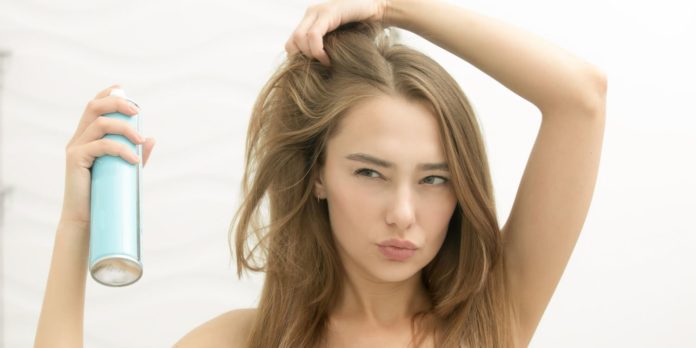The prospect of being able to save frequent hair washing and drying without losing its shine and strength seems very tempting and more real. Moreover, we will not have to cut or shave our hair for that purpose. We’ll just be able to use so-called dry shampoos that apply directly to dry hair and do not require rinsing.
According to most manufacturers, dry shampoos provide the same hair benefits as standard shampoos wear:
Remove excess oil;
Regulate the production of sebum:
Provide sufficient hair volume after use;
And all this is achieved without the need for daily application and even more – without the need to wash and wash the hair. As the sole and main drawback of dry shampoos, it is stated that they do not provide long-lasting protection for the scalp and, moreover, waste products from degradation can accumulate in the scalp and damage it. A major preventive measure to clean the scalp skin from such dirt remains regular hair washing. Therefore, washing the hair should be considered as a necessity, guaranteeing that care is taken of the skin of the head .
However, dry shampoos provide a very convenient temporary alternative to classic shampoos for cases where we can not wash our hair. Most of them are developed on a spirit base and quickly dissolve and remove excess greasy hair , leaving it cleaner and crisp. Although short-term, this effect should not be overlooked, especially in the context of the safe composition of dry shampoos. It is good to select those containing moisturizing ingredients that protect hair from excessive drying .
To avoid possible negative effects on hair and scalp skin, experts recommend dry shampoo not to be used for periods longer than 3 months and to avoid daily use .
Most dry shampoos are available in the form of sprays and powders . In order to achieve a safer and more satisfactory effect, it is recommended to use only those parts of hair that have the greatest need for cleaning and refreshing and to apply evenly.







